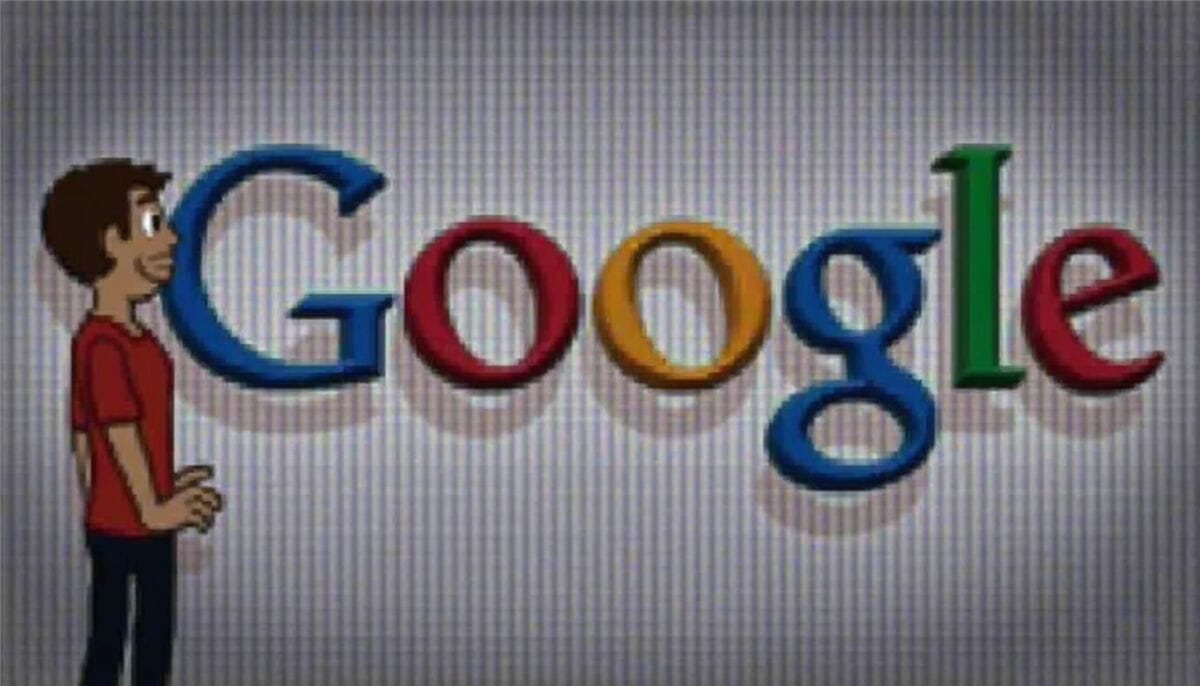For over a year, Google has cheerfully told anyone who’d listen that the open web is booming, traffic is up, and its search engine is pushing users to an ever-wider variety of sites. Yet in a surprisingly frank court filing last week, the company confessed that “the open web is already in rapid decline,” as reported on by Search Engine Roundtable. That line isn’t just legal theater—it’s a crack in the facade that’s had publishers shaking their heads in disbelief.
When Antitrust Meets Ad Tech
In Washington, the Department of Justice is pushing Google to break up its advertising technology empire. Google’s response? A filing arguing that splitting its ad operations would “only accelerate” the collapse of the very open-web display ads that thousands of independent sites still depend on. The DOJ sees monopoly; Google sees impending doom for publishers who rely on those eyeballs for revenue.
Google’s own words drive the point home: “AI is reshaping ad tech at every level; non-open web display ad formats like Connected TV and retail media are exploding in popularity… The fact is that today, the open web is already in rapid decline and Plaintiffs’ divestiture proposal would only accelerate that decline, harming publishers who currently rely on open-web display advertising revenue.”
This isn’t a throwaway paragraph. It’s the heart of Google’s defense—market forces are already remixing the landscape so drastically that any court-ordered intervention would be like trying to bail out a sinking ship with a teaspoon.
A Tale of Two Narratives
Flip over to Google’s PR machine, though, and you’ll find an entirely different story. In an emailed statement to The Verge, Google spokesperson Jackie Berté insisted the filing’s doom-and-gloom line was “one cherry-picked line that misrepresents” reality. According to Berté, the admission refers narrowly to “open-web display advertising” rather than the open web itself, and highlights growth in connected TV and retail media as proof that the overall ecosystem is vibrant.
That clarification sounds plausible—up to a point. But let’s be honest: if Google genuinely believed the broader web was flourishing, why slip in that bleak admission to the court record at all? It feels like noticing a ding on a car and calling it a scratch you caused yourself.
AI, Search and Publisher Traffic
Then there’s Google’s go-to line about AI search tools making things better, not worse. When asked about traffic shifts on the Decoder podcast this May, CEO Sundar Pichai said Google is “definitely sending traffic to a wider range of sources and publishers.” Sounds reassuring, right? But you have to wonder: if traffic is really more diversified, why are so many smaller outlets still struggling to get noticed?
Nick Fox, Google’s senior VP of knowledge, chimed in similarly on an episode of the AI Inside podcast: “From our point of view, the web is thriving.” He pointed to Pew Research’s finding that click volume stayed “relatively stable” compared to last year, noting that Google still sends “billions of clicks to websites every day.” Fox’s optimism is infectious—if you squint. But publishers on the ground often feel like they’re shouting into a void.
A little skepticism is healthy. Can Google’s AI really boost discovery without giving too much power to those shiny, new connected TV and retail ad platforms? Or is it simply shifting ad dollars away from neighborhood blogs and indie news sites?
What This Means for You
If you run a site, you probably already know that eyeballs are harder to capture. If you read one too many newsletters lamenting algorithm tweaks, you’ve felt the strain. And if you care about an open web where anyone can publish anything—not just big brands with budget-friendly video ads—you might be bristling at this admission from Google.
Change is inevitable. But should we let market forces steamroll over the diversity of voices that made the web extraordinary in the first place?
Let me know what you think. Are you optimistic about the future of the open web, or do Google’s candid words send a chill down your spine?
Drop a comment below, share your experience, and make sure to follow us on Facebook, X (Twitter), or LinkedIn for more SEO updates.
Why your login page might be killing SEO—and how Google says to fix it.
And before you go, make sure to check our Ahrefs backlinks checker guide to get accustomed to its feature and use its full potential for SEO.
Sources:
- www.seroundtable.com/google-open-web-is-in-rapid-decline-40068.html
- www.theverge.com/news/773928/google-open-web-rapid-decline



Enterprise SEO 2026: 5 AI Trends That Will Define Your Strategy
The 2025 SEO Shakeup: What Actually Worked (and What Didn’t)